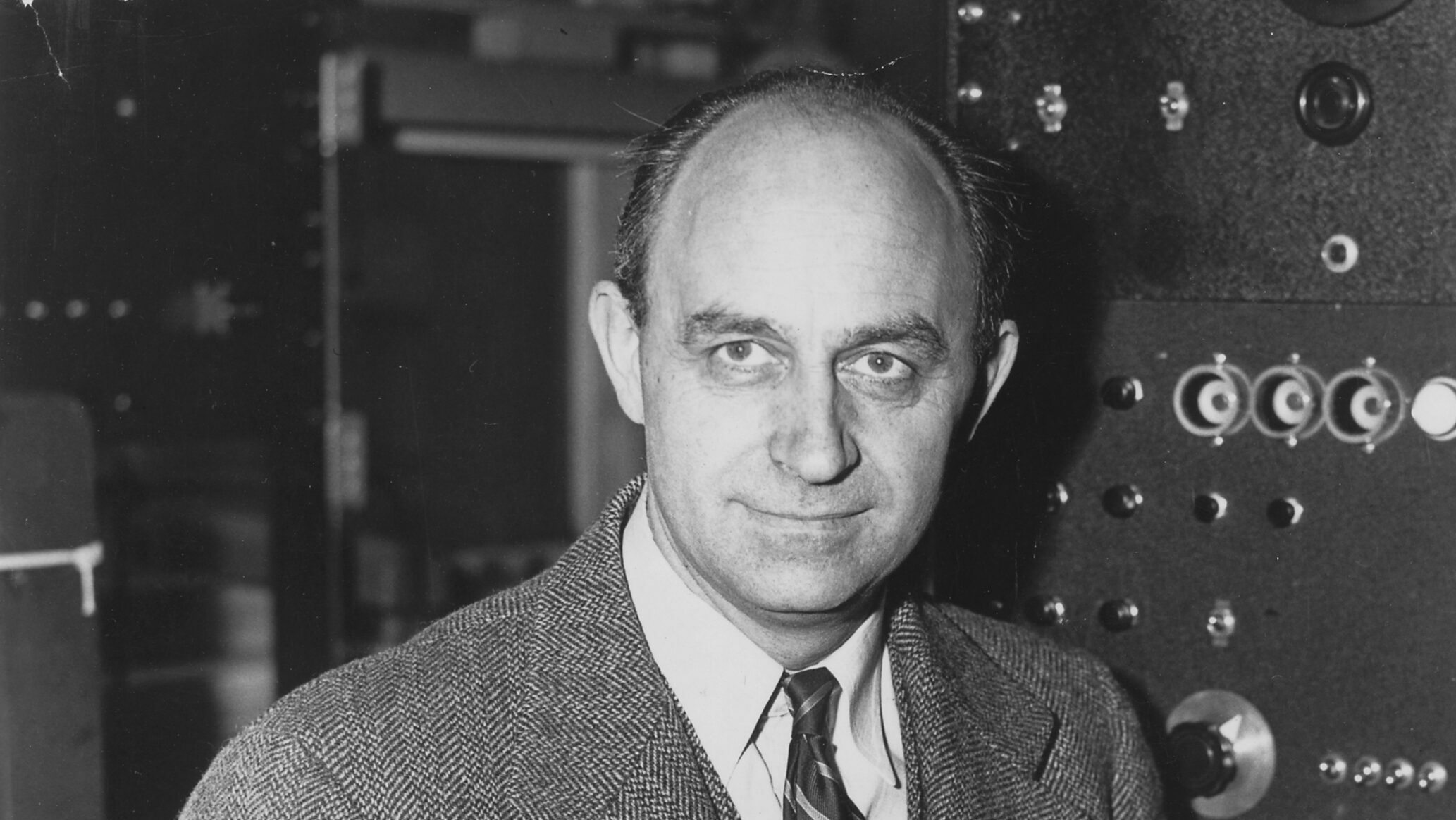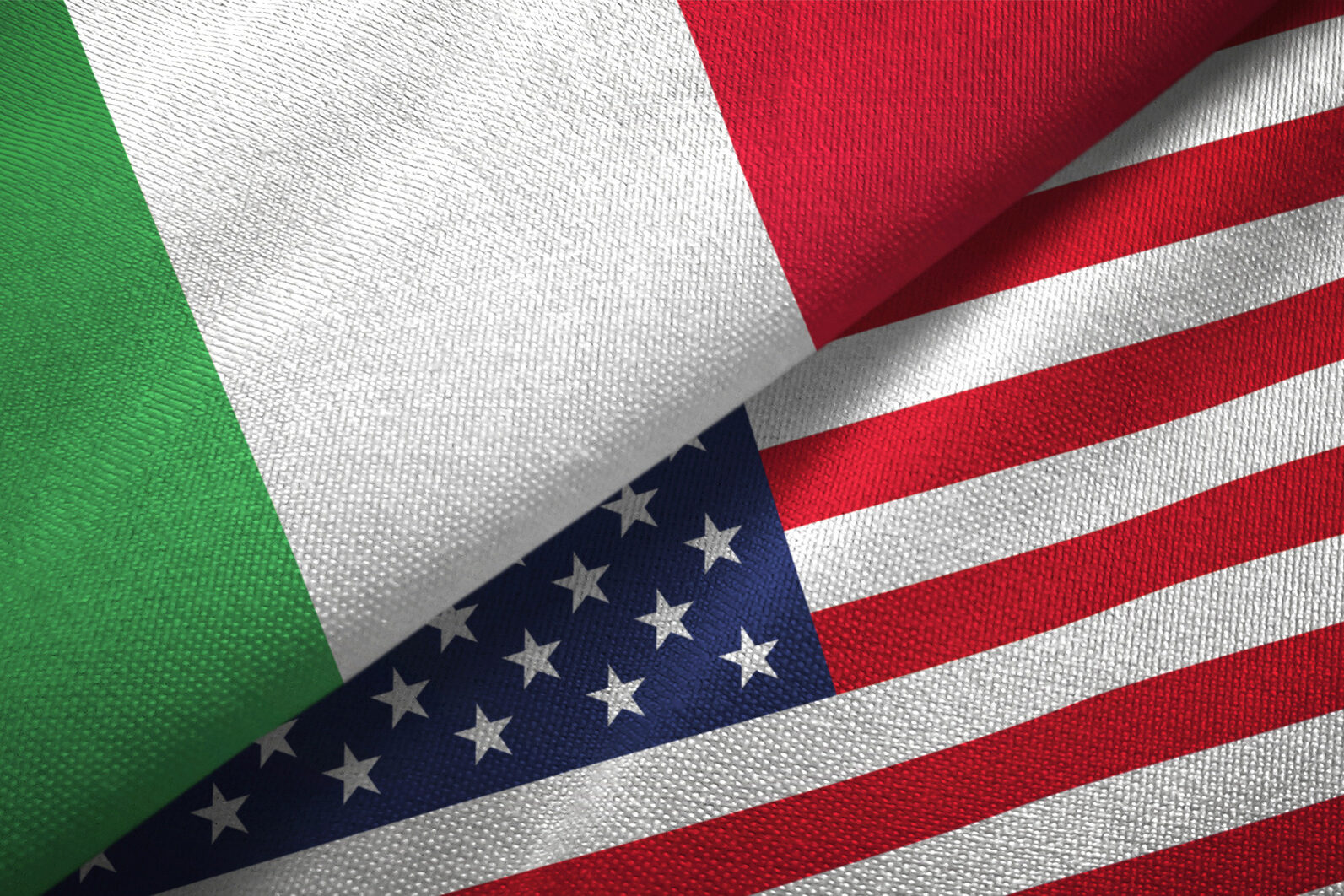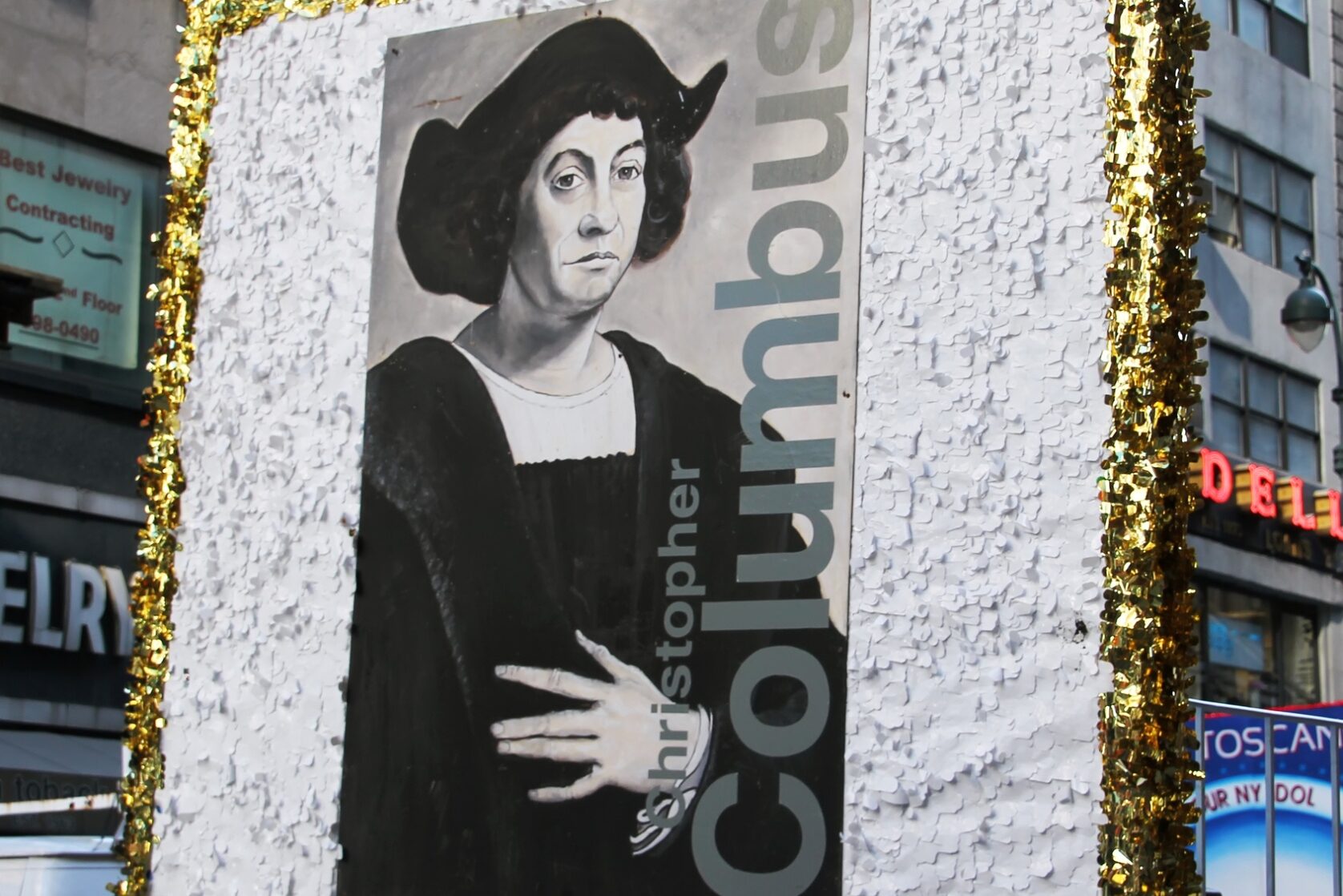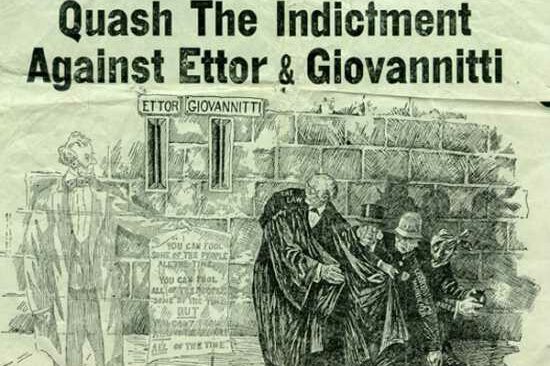Dear Readers,
An April assortment of Italian connections for you:
Blue Jeans are assumed by most young people today, incorrectly as it happens, to have originated in the USA. Their real place of origin in fact, is Genoa, Italy, where the blue cotton cloth which made the original jeans so fashionable was first produced.
***
Candido Jacuzzi, the man who in 1949 invented the whirlpool bath that made his name a household word, bought a small machine shop and established Jacuzzi Brothers Inc., whose first product was an airplane propeller known as the Jacuzzi “toothpick.” He went on to design a pump that could be used in a bathtub. Within a few years, the pump was being marketed commercially and the Jacuzzi whirlpool bath was installed (indoors and out) at recreational centers, health clubs and private homes.
***
Doctor Maria Montessori was just 24 when she became the first woman in Italy to receive a medical degree. But Dr. Montessori’s real passion was education, and she gave us the Montessori Method, according to which children were not just receptacles of knowledge to be filled by a teacher, but were capable of directing their own learning if properly facilitated. Her methods are embraced by over 20,000 schools throughout the world, and her educational works have been translated into over 20 languages.
***
Enrico Fermi built the prototype of a nuclear reactor. Subsequently, he was awarded the Nobel Prize in Physics (in 1938) for his work. Fermi’s experiments led to the first controlled nuclear chain reaction in Chicago, on December 2, 1942, under Chicago’s athletic stadium. Often referred to as “the father of Nuclear Fission,” Fermi became one of the principal leaders on the Manhattan Project, which focused on the development of the first atomic bomb.
***
Father Vincent Capodanno, a Catholic priest and a Lieutenant in the United States Navy Chaplain Corps, was assigned to the 5th Marine Regiment in Vietnam. On September 4th, 1967 his unit was attacked and heavily outnumbered. Father Capodanno went among the wounded and dying, giving last rites to his Marines. Despite being wounded himself, he continued to aid the Marines and was killed.
For his bravery he was awarded the Medal of Honor.
***

Rome was not “built in a day,” but through some painstaking method of calculation the Romans determined that Rome had been founded on April 21, 753 B.C. or the date April 21, 1 A.U.C.
The initials stood for Anno Urbis Conditae, or “year of the founding of the city.”
It was held that on this warm spring day, a group of rugged Latin farmers established a settlement on the Palatine Hill near the Tiber River, and named it Roma after their leader, Romulus. Once this was accepted as an undisputed truth, the Romans were willing to allow room for embellishments of preceding events.
In more imaginative versions, Romulus and his twin brother Remus were the sons of the war god Mars and Rhea Silvia, the daughter of a Latin chieftain. Silvia’s brother, angry over her violation of an oath of chastity and fearing her children would someday challenge his claim to power, had them placed in a basket and set adrift the Tiber.
The twins did not perish, but were found and nursed by the she-wolf. A shepherd eventually discovered the boys and raised them to manhood, at which point they overthrew their evil uncle and went on to create a mighty city on the very site where their basket had touched shore.
***
Proverbs help to foster interest in our culture and traditions. We probably first learned to appreciate the wisdom contained in proverbs from our parents or grandparents. Regardless of the language in which a proverb is spoken, the essence of the wisdom they intend to teach or impart is the same in any language. For example, parents worldwide admonish their children to “stay away from bad companions:” in the US we may say “One bad apple spoils the barrel” or “Birds of a feather flock together.” In Italian, this wisdom is imparted with the proverb “Chi cammina con lo zoppo, impara a zoppicare” or “Dimmi con chi vai e ti dirò chi sei.”
In English we say “You can’t judge a book by it’s cover,” while the Italian equivalent is “L’abito non fa il monaco,” or appearances are deceiving.
In the corporate world, when there is deception or fraud in the upper echelons of management the Italian might say “Il pesce puzza dalla testa.” In Italian “Chi paga balla” or “He who pays the fiddler calls the tune.”
And, in affairs of the heart we are reminded that “Gallina vecchia, fa buon brodo” or that an older girl might be a better companion.
***































